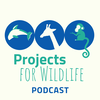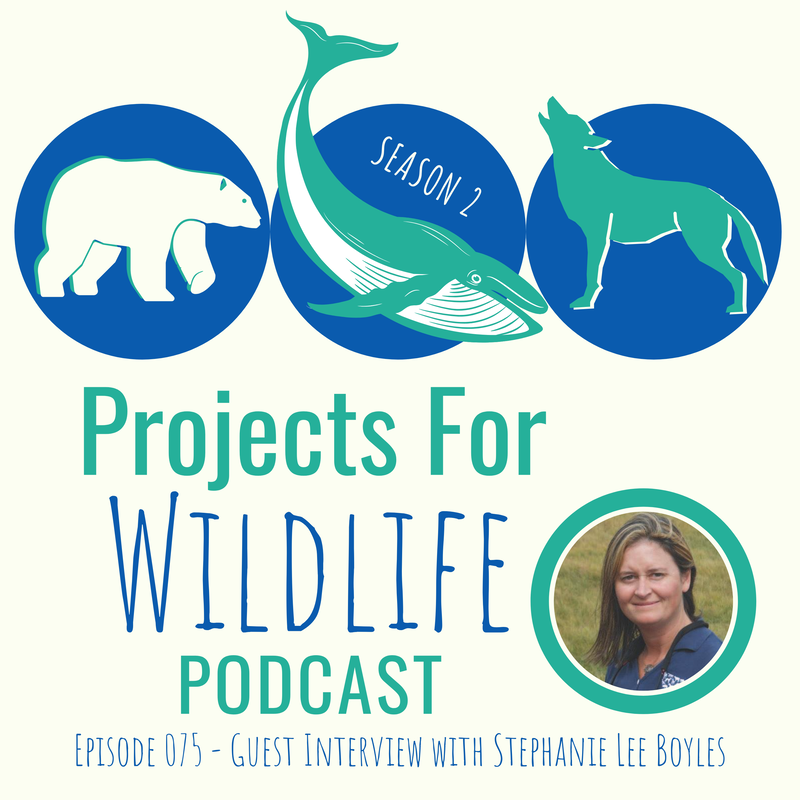Episode 075 - Stephanie Boyles Griffin researches ways to help humans live with wildlife in urban areas - reproductive control mechanisms to sustain thriving wildlife populations
Show Notes
Stephanie Boyles Griffin, is the Science & Policy Director of the Botstiber Institute for Wildlife Fertility Control. She also serves as the Senior Scientist for the Wildlife Protection Department at The Humane Society of the United States (The HSUS) in Washington, D.C. For more than 20 years, she has worked with federal and state agencies, non-governmental agencies, corporations, and communities to develop and implement humane, sustainable wildlife management programs and policies.
Since joining the Humane Society of the United States in 2007, Stephanie has worked to promote and advance the use of fertility control to manage wildlife populations by conducting and supporting research into practical applications, engaging policy makers and educating the public.
Since joining the Humane Society of the United States in 2007, Stephanie has worked to promote and advance the use of fertility control to manage wildlife populations by conducting and supporting research into practical applications, engaging policy makers and educating the public.
"The problem is that a lot of people aren't used to living in an area where they have such frequent contact with animals like deer and when they do and the animal does something that they consider to be sort of unacceptable like browsing on their ornamental landscaping people start to become intolerant to them but it's not really a biological carrying capacity issue in, in a lot of ways. Most of it you know, as I said, in a lot of ways we're making the habitat even more optimal for deer than it was when it was farmland because of the landscape changes that were making so it can actually probably support more than it could before." Stephanie Boyles Griffin



